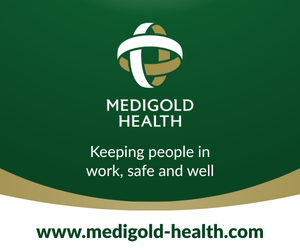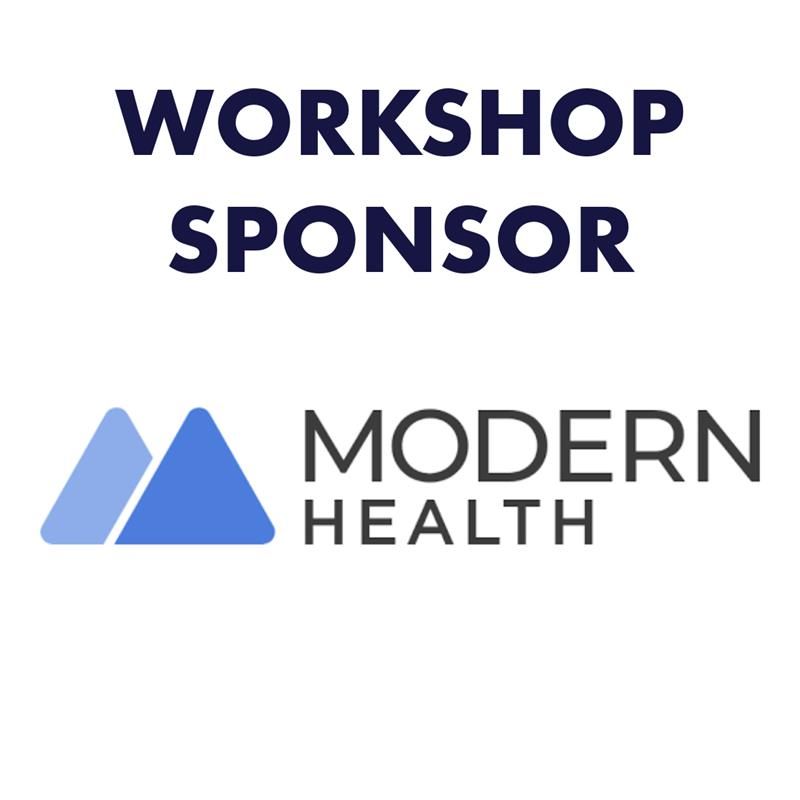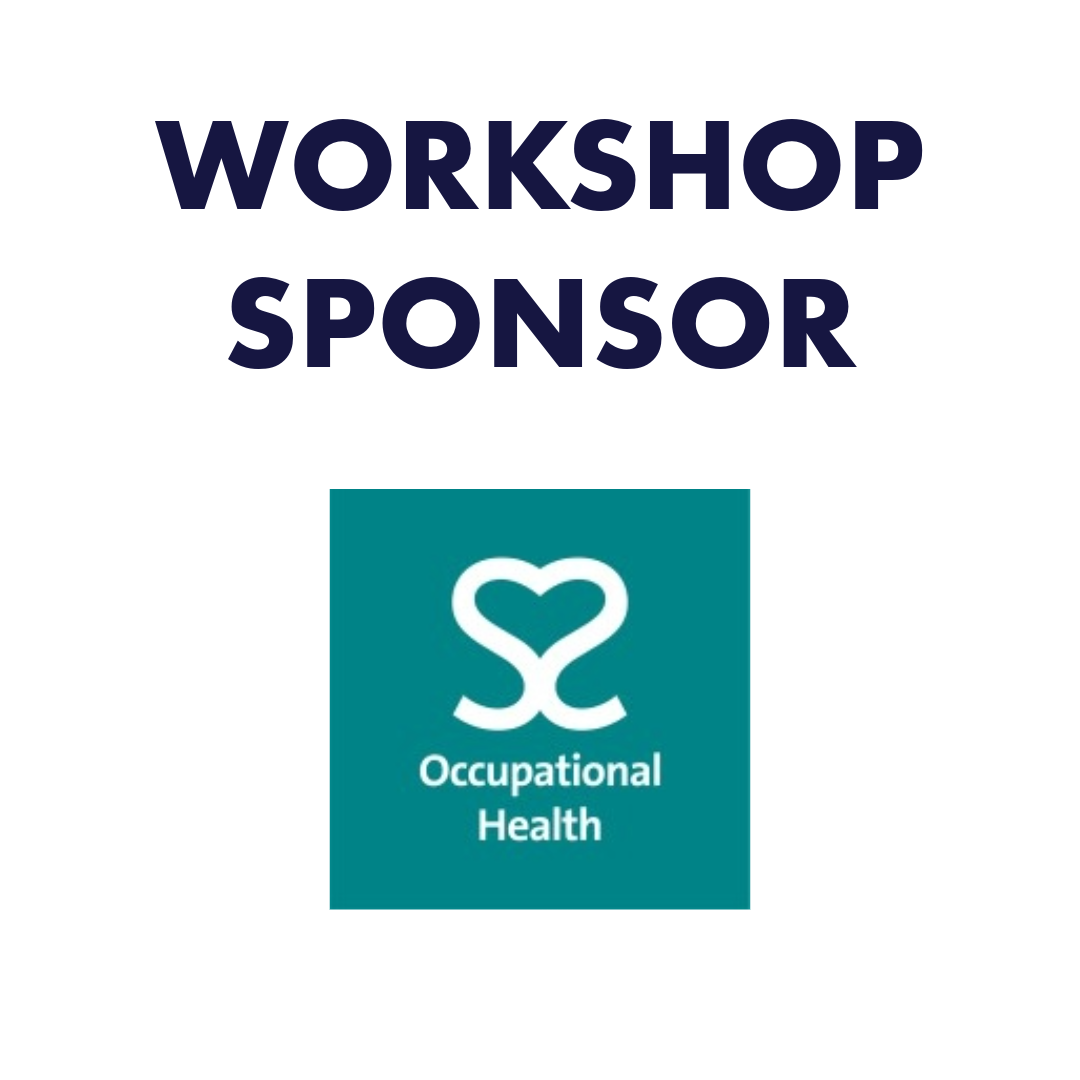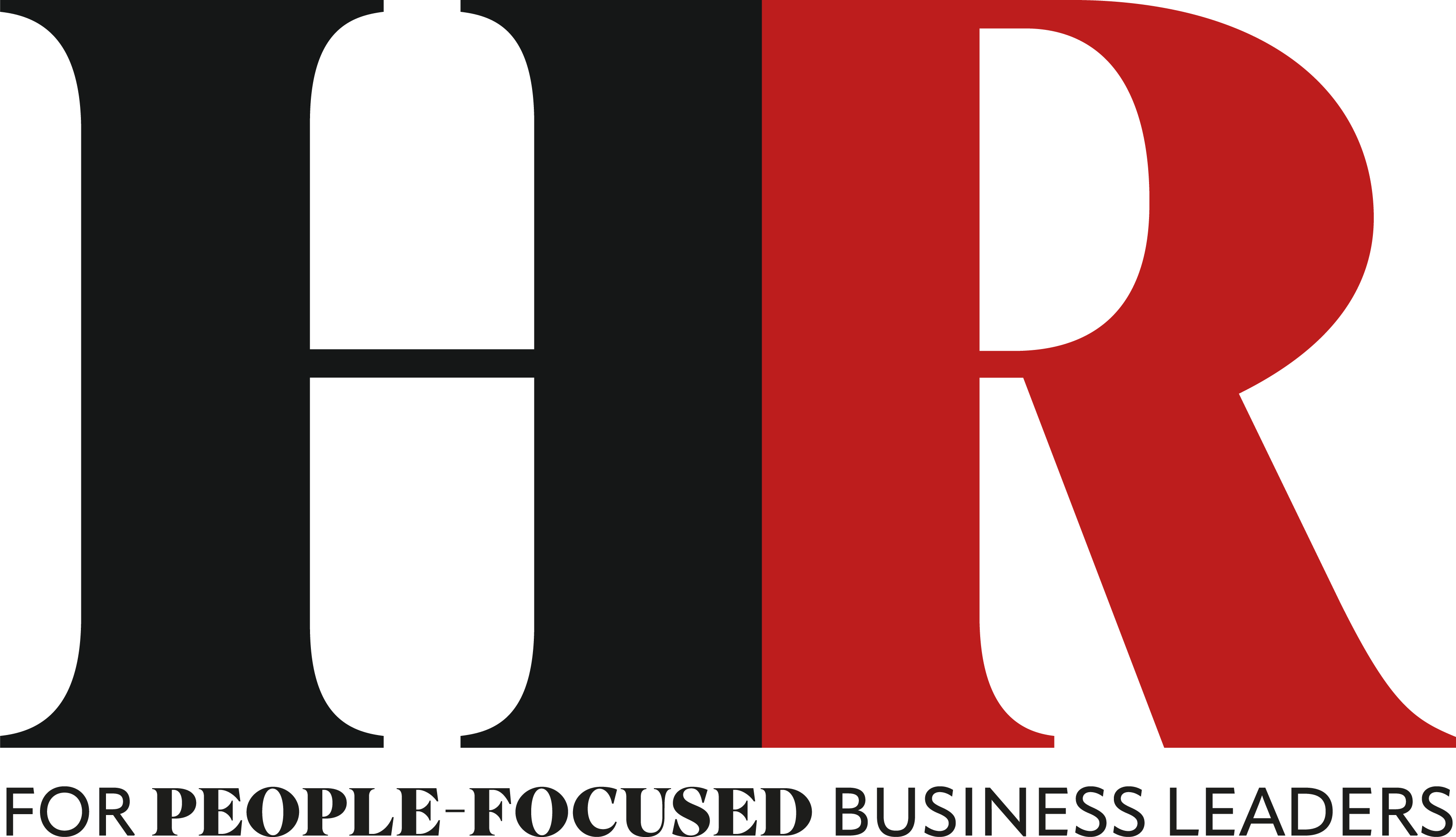Investing in Leadership Development for Occupational Health (OH) Professionals: A call to action.
)
Occupational health professionals are defenders, architects and advocates; frontline defenders against workplace hazards, the architects of health and safety programs, and the advocates for a healthier work environment. Our effectiveness is enhanced when equipped with strong leadership skills. Investing in leadership development for occupational health professionals is an essential strategic step toward creating safer, healthier, and more productive workplaces. This essay explores the impact of leadership training on occupational health professionals and why stakeholders must prioritize this investment.
During the pandemic we saw increasing recognition of the importance of evidence based OH practices to enable essential work activity to continue (for example vulnerability assessments and exposure control). Post-pandemic there is an urgent need to reverse an upward trend in economic inactivity largely related to the impact of health on ability to work. Only about half of business in the UK have access to occupational health and that access is concentrated in big business (see – expert taskforce announcement). The numbers of practitioners are wholly inadequate and have been dwindling for a few years as illustrated in the recent General Medical Council’s workforce report which described an 11% reduction in the number of accredited specialist on the register between 2018 & 2022 as compared with an overall 11% increase across all specialities.
We need to not only attract more people to OH but also help them develop as leaders; enabling them to be strong advocates for the specialty and take advantage of current OH visibility
Leadership needs in occupational health are different from other clinical specialties and so not easily met with a purely clinically focused curriculum. In somewhat reductive terms, if one sees leadership skill as focusing on handling change and management as focusing on handling complexity; Occupational health leaders have to be agents of change not just in hospital/NHS but in businesses, communities and broader political arena. The current medical and nursing training curriculums have elements of leadership competencies for professionals to achieve. A step further will be to refine these to broader needs of the community.
In the business arena, those with leadership training benefit from: enhanced decision-Making; effective communication skills; structured personal growth; ability to engage better with businesses; vision setting skills, enhanced productivity skills; strategic planning skills, emotional intelligence related skills e.g. empathetic and compassionate leadership. These are all learnable skills/behaviours that can be improved. Taking just the first three of these in turn,
Firstly, learning the best decision-making skills, helps the practitioner operate in the complex and dynamic environments and make systematically informed, timely, and effective decisions. A leadership development program that focuses on critical thinking, problem-solving, and strategic planning skills will enable professionals to assess situations comprehensively and choose the best course of action. On a micro level, this translates into more clinical decision making and on a macro level to calibrated involvement in business and industry health and safety policies/programmes.
Secondly, occupational health professionals must convey complex health and safety information clearly and persuasively to various stakeholders, including employees, management, and regulatory bodies. Leadership training enhances the ability to articulate ideas, present data compellingly, and advocate for necessary changes. Improved communication skills also foster better collaboration and understanding, essential for implementing health initiatives successfully.
Leadership training contributes significantly to the personal and professional development of occupational health professionals. It builds confidence, enhances self-awareness, and fosters a growth mindset. As professionals grow in their leadership abilities, they become more effective in their roles, capable of influencing positive changes within their organizations. This personal growth translates into greater job satisfaction and career advancement opportunities. The earlier that such leadership training is embedded in career development, the better it is for the individual and speciality.
What should be the key components of an effective occupational health leadership training programme?
It should have a comprehensive curriculum. The UK occupational medicine training curriculum was updated in 2022 and has “leadership & team management” as a high level learning outcome. It states that “Leadership skills will include negotiating, delegating, critical decision making and service development. These skills are not only to be considered in the later stages of training, but developed from day one”.
Likewise, the leadership competencies for Occupational Health Nurses include the need to develops skills in stakeholder engagement, influencing health policies, leading improvement projects, promoting equality and diversity alongside management competencies. In a qualitative piece of work Yarker & Lewis looked at value-add occupational health leadership competencies and usefully divided these into domains of self-awareness and development; Relationships and Communication; Technical skills; Clinical leadership ; Setting vision and strategy; Team leadership; Teamwork; System leadership; External leadership; Professional stewardship & Business acumen (reference). All these would be relevant in a comprehensive curriculum.
An effective leadership training program for occupational health professionals should cover a broad range of topics and perhaps ensure some grounding for every professional in some core common multi-professional competencies. These could include strategic planning, communication, crisis management, ethical leadership, advocacy whilst providing basic starters for those whose leadership journey might be in the direction of entrepreneurship, chief medical officer activities or academic leadership; for example. By addressing these areas, the curriculum ensures that professionals are well-rounded leaders capable of tackling various challenges and driving continuous improvement in workplace health and safety. It should prepare the professionals for their own further leadership development in their chosen area of subspecialist practice.
Alongside grounding in core principles and a fundamentals knowledge base; a good programme should have practical application elements. Didactic lectures are unlikely to be sufficient in generating new leadership behaviours. We know that leadership skills are best developed through hands-on experience and practical application. Training programs should incorporate real-world scenarios, simulations, and role-playing exercises to allow professionals to practice and refine their skills. Such a practical approach ensures that the training is relevant and immediately applicable to their work environment.
Ongoing support, mentorship or group activity:
Leadership development is an ongoing process that extends beyond formal training sessions. Continuous learning and mentorship (peers and across levels) are crucial for reinforcing and expanding leadership skills. There are various formats that these can take. Formal and semi-formal mentoring programmes such as that initiated by SOM have a place. Others could involve peer support programmes, within organisation, networks, and cross-industry programmes. Organizations and associations should provide or facilitate ongoing support, including access to resources, coaching, and peer networks, to help occupational health professionals broaden their development and stay current with best practices. OH organisations/associations can add a cross-cutting -collaborating leadership development support framework to their existing systems.
Barriers
Mindset Barriers: “… You’ve got to be a born Leader first”. “Leadership requires extroversion and I’m an introvert” “I am too junior to be considering leadership training”… and so on. Alongside innate resistance to change, these mindset barriers can hinder the adoption of leadership training among occupational health professionals. A key change factor for mindset is evidence of benefit, and these abound. Using examples that demonstrate the tangible benefits of leadership training and how it enhances their effectiveness and job satisfaction. Providing opportunities for professionals to experience the training firsthand can also alleviate fears and build acceptance. Amplifying the beneficial value at personal, organisational and system levels can overcome this barrier.
Underestimating the Importance of Leadership Skills
Some occupational health professionals may view their role primarily in terms of technical and clinical skills, undervaluing the importance of leadership abilities. Education and awareness campaigns highlighting the critical role of leadership. For example in research, most researchers must develop enough communication skills to promote their work in order to get their research funded. The imminent SOM leadership academy intends to collate success stories and case studies to help illustrate the positive impact of leadership skills in the occupational health community.
Time Constraints
Busy schedules and demanding workloads can make it challenging for professionals to find time for additional training. Organizations can address this barrier by offering flexible training options, such as online modules, workshops, and seminars, that fit into their schedules. Integrating leadership training into existing professional development programs will make it more accessible. Ultimately a personal appreciation of the benefits will often be the key determinant in individuals making the time to engage in leadership development.
Financial Concerns
Concerns about the cost of leadership training programs are a significant barrier. Employers can demonstrate their commitment to employee development by covering the costs of training and providing financial incentives. Highlighting the long-term cost savings and return on investment can also help justify the expense. There are also more accessible options than high-end training programs that can be utilised. A clear understanding of personal leadership development need focused on individual objective will help narrow down the specific leadership competencies/learning outcomes to be attained. This can then be pursued in a bespoke version that reduces waste.
Self-Doubt and Confidence Issues
Some professionals may doubt their ability to be effective leaders, feeling they lack the inherent qualities needed for leadership roles. Leadership training should emphasize that leadership is a skill that can be developed and provide supportive environments where professionals can build their confidence. Mentorship programs can also offer guidance and encouragement.
Cultural and Organizational Resistance
A workplace culture that does not value or support leadership development can significantly hinder motivation to pursue such training. Organizational leaders can champion the importance of leadership training and create a culture that encourages continuous learning and development. This involves setting clear expectations, providing resources, and recognizing and rewarding leadership development efforts.
A Response to Current Challenges and Opportunities
SOM is working on a leadership academy to help with primary goals of enhancing personal and external leadership skills for occupational health practitioners. Some of the ways in which the academy intend to do this include:
- Leadership skills and need assessments: Defining specific leadership skills and categories for tomorrow’s occupational health leaders, including personal, academic, clinical, generic-strategic, business and industry-specific, and occupational health-specific skills. Assessing the leadership skills required for different occupational health career paths and offering diverse frameworks for such leadership development.
- Broad Political and Commercial Leadership Skills Training**: Ensuring occupational health practitioners have the skills and language to be present at decision-making tables and participate effectively in decisions influencing the specialty and workers' health.
- Identifying and Assisting Future Leaders: Helping future leaders in their leadership journey.
- Building a library of occupational health leadership resources and education; including case examples and stories: Providing examples of leadership, especially focusing on early-career professionals, and serving as a resource for trainees wishing to acquire leadership competencies. Improving awareness of available resources, including formal training and experiential opportunities for leadership development.
- Mentoring: Facilitating mentorship matches and broadening mentoring offers, embedding diversity, inclusivity, and promoting authentic and servant leadership.
- Cross cutting collaboration: including collaboration with other Leadership Academies and partnering with clinical and non-clinical leadership institutions.
The academy will build on existing work by the SOM including its Leadership Webinars, conference and Blogs, Careers day, Mentorship offering, and plan to add formal lectures, courses, and workshop; offering needs-based training with signposting to existing resources. It will be of great value to new occupational health practitioners, existing practitioners aiming to enhance leadership skills, aspirants for Chief Medical Officer positions, entrepreneurial-minded practitioners and academic leaders. Like-minded organisations who wish to support this journey should get in touch with the President or CEO of SOM.
Investing in leadership development for occupational health professionals is a strategic imperative that yields significant benefits for individuals, organizations, and society. Enhanced leadership skills empower health professionals to make better decisions, communicate effectively, engage employees, and manage crises. These skills lead to safer, healthier workplaces, improved organizational performance, and long-term cost savings. Prioritizing leadership training creates a culture of continuous improvement and resilience, positioning organizations for success in an increasingly complex and dynamic world.
Written by Lanre Ogunyemi













